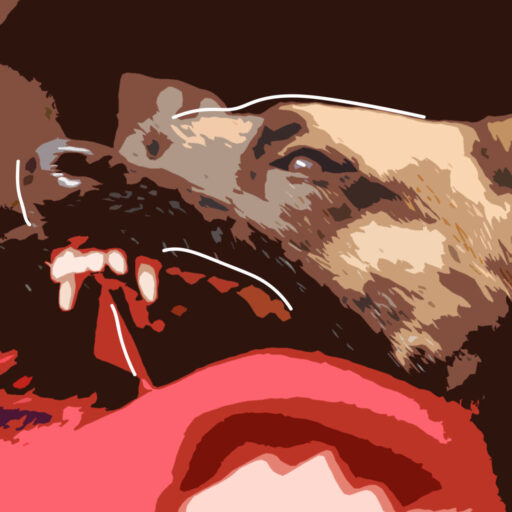In this episode, Jerry Bradshaw discusses:
- What science is, by definition, and how it pertains to dog training. How the science balances with the art of dog training.
- The infancy of canine research and studies.
- Having flexibility in training methods for innovation, individualized training, and further understanding of training.
- Classical conditioning versus operant conditioning.
- Understanding the benefits and limitations of the models you associate with your dogs.
Key Takeaways:
- A little bit of knowledge makes people dangerous.
- We need to be careful about standardizing rules and regulations for training canines. All that matters, in the end, is that the job gets done.
- There is more to dog training than just the four quadrants.
- The important question is – how is the dog perceiving what you are doing? Are they perceiving it as negative reinforcement or positive punishment?
- Much of what we consider to be settled, scientific fact, are not, in fact, settled, scientific fact, but do need more studies done before we can draw scientific conclusions.
“We are on this iterative path. What one study, or two studies, or three studies conclude is not the end all be all. Science is a messy process. Working with data is a messy process.” — Jerry Bradshaw
Get Jerry’s book Controlled Aggression on Amazon.com
Contact Jerry:
Website: controlledaggressionpodcast.com
Tarheel Canine Training: www.tarheelcanine.com
Youtube: tarheelcanine
Twitter: @tarheelcanine
Instagram: @tarheelk9
Facebook: TarheelCanineTraining
Protection Sports Website: psak9.org
Patreon: patreon.com/controlledaggression
Slideshare: Tarheel Canine
Train Hard, train smart, be safe.
Show notes by Podcastologist Chelsea Taylor-Sturkie
Audio production by Turnkey Podcast Productions. You’re the expert. Your podcast will prove it.


